Starting your garden can be a really difficult thing, especially if you don’t know what vegetable or fruit grow and blossom in what season. However, the vegetables on this list can be grown year-round, and you can also harvest and enjoy them throughout the year. Planting your own vegetable is also good for the environment, but you also get to know where they are from and how they are growing and save you a lot of money. This list will introduce you to some of the vegetables that you can grow in your own back or communal garden.
Kale
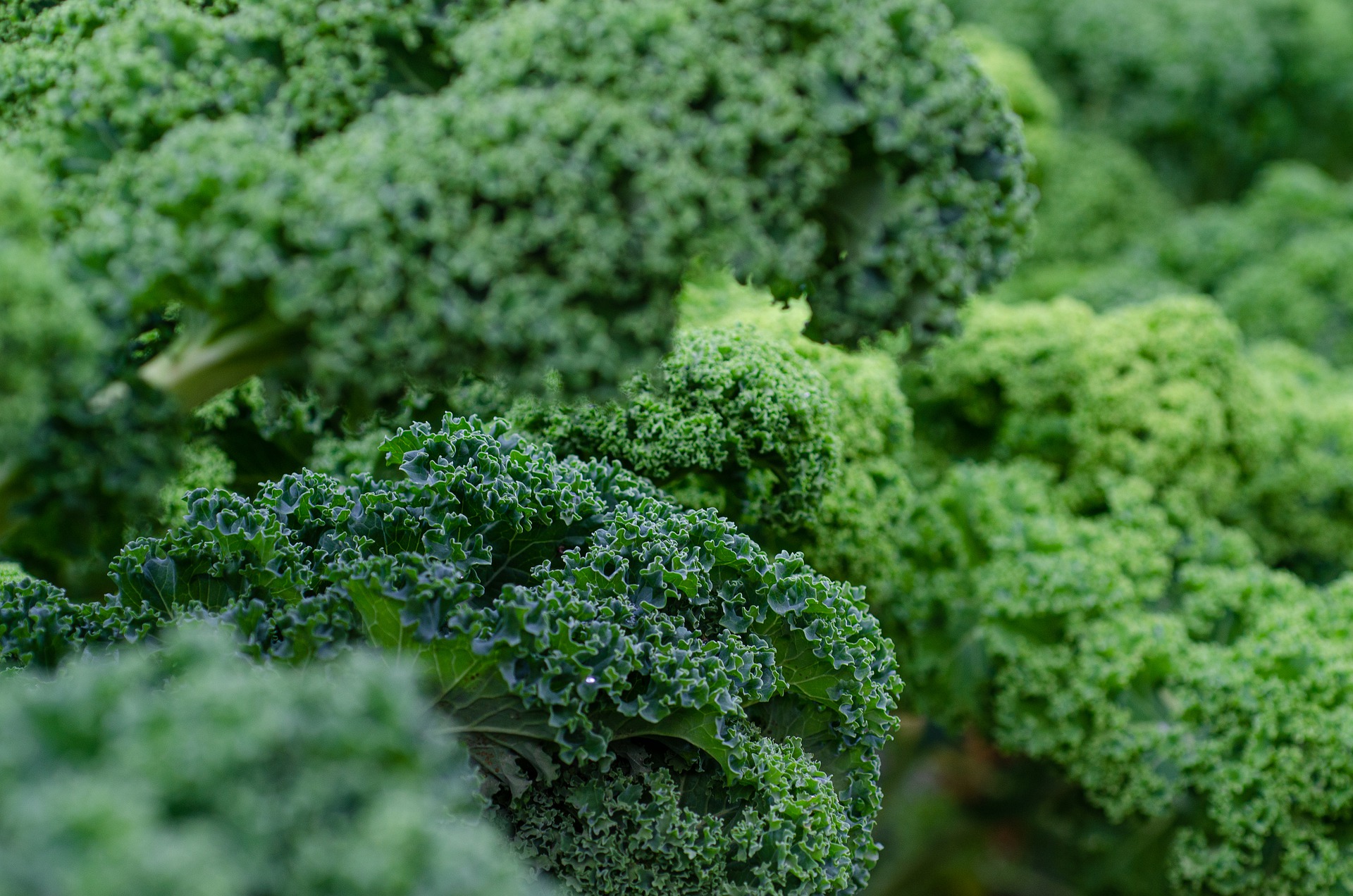
Kale has gained popularity over the past couple of years, and it is used in most dishes every day, but I have to say that I enjoy a good kale salad. No one needs to introduce kale at this point, and it has gained in popularity because of green juices and is a crowd favorite among the juicing crowd. Technically, kale is a biennial vegetable which means it requires 2 growing seasons to complete its life-cycle and is a well-loved vegetable by health freaks. It is a super crop that is resistant to cold weather and is loaded with nutrients, and is a loaded green vegetable that is delicious. They produce a lot of food for minimum effort and are beneficial for both the environment and you, the gardener.
Okra
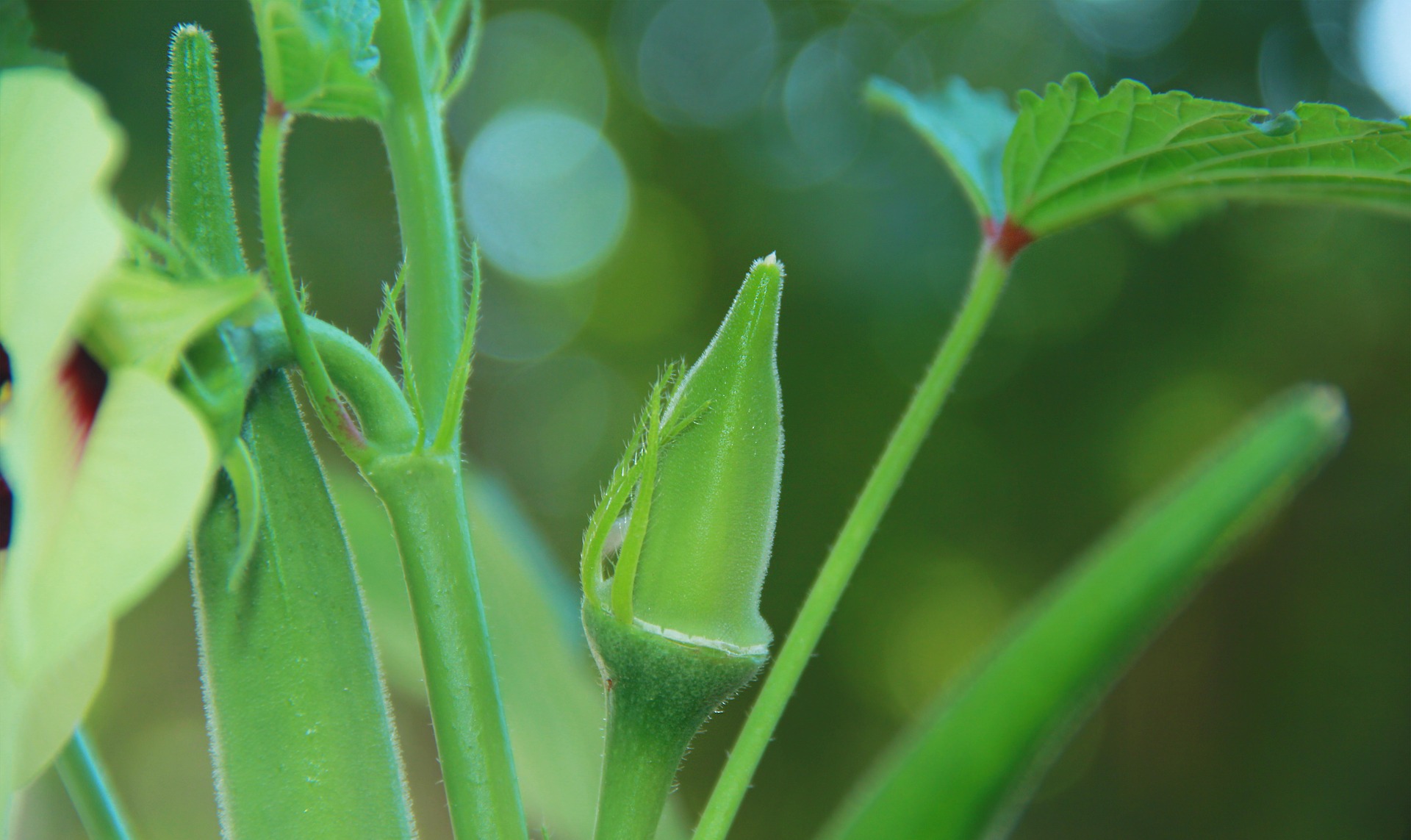
If you grew up in an immigrant household or the south, then you know and enjoy okra. Okra is also known as Louisiana’s favorite and is a heat-loving plant that is a perennial vegetable that produces a lot of vegetables. Okras produce a lot of produce and can be enjoyed as a salad or a gumbo. A perennial vegetable is one that grows year-round and can live for several years. If you take care of your okra plant properly, it can grow up to 7 feet, and you can harvest it for the years to come. One small tip for picky okra is to pick them up often and earlier than you think because if they stay on the plant for too long, it becomes woody and fibrous and won’t taste good.
Onion

I am a mixed kid with a black father and an Indian mother, and when I tell you I grew up eating onion, I mean my mom would put onion in every dish she could. I grew up in a double ethnic household, and I grew up with spices and let me tell you, onion is a versatile vegetable that pairs well with any dish, be it in a burger or fried onion in Briyani. If you grow your own onions, you can harvest them year-round; however, this is not true for every vegetable in the allium family and for even so many varieties of onions. Just like okra, onion is a perennial vegetable. Onions are versatile and can be used in a variety of dishes, and it is my second favorite root vegetable, second only to potatoes.
Tomatoes
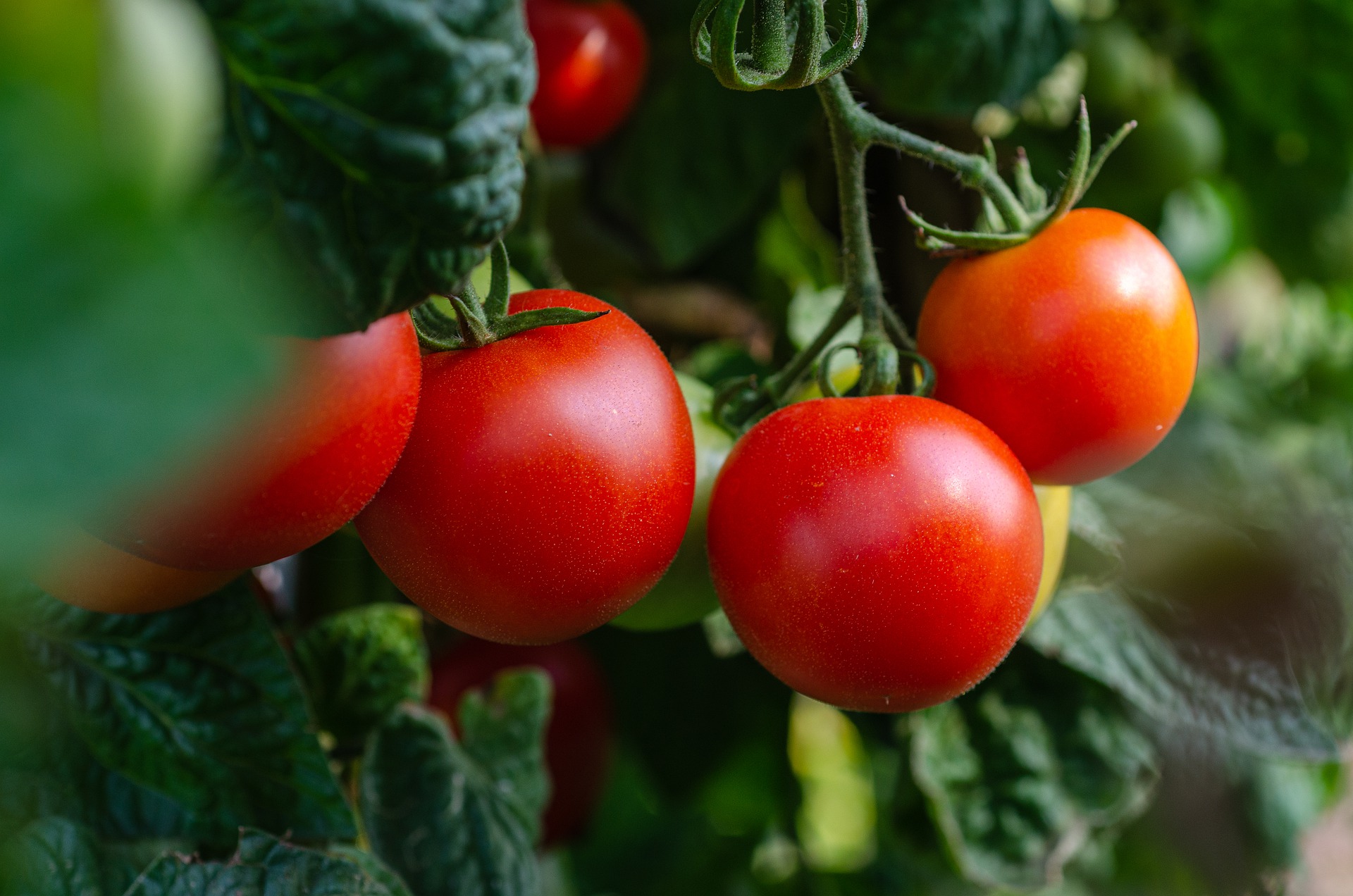
Contrary to popular beliefs, it is pretty easy to grow tomatoes, and despite common practice, they are actually perennial plants like okra and onions. They can live for years and continue growing while producing an abundant supply of tomatoes throughout their lifespan. The only issue with tomatoes is that they are a pretty pesky vegetable to grow because they won’t survive the cold and frigid winter, but they thrive in tropical climates. So you can grow your tomatoes year-round if you live in California but will have difficulties growing in New York because the temperature can be cold as hell here during the winter season. The solution is to grow them indoors or in a greenhouse, and they can survive the harsh winters.
Herbs are the easy thing to grow if you live in a small place, and you can use your herb to decorate your dishes and is the perfect accompaniment to any dish. To start a garden in whatever space you have, and if you live in an apartment or condo, then try to create a communal garden on the rooftop of your building. If you think you don’t have enough space, then think again because you can grow your own herbs on your window sill and take it from someone who lives in a condo in Manhattan. Sound off in the comments section below and tell us if you want to read more about vegetables that you can grow and enjoy year-round.

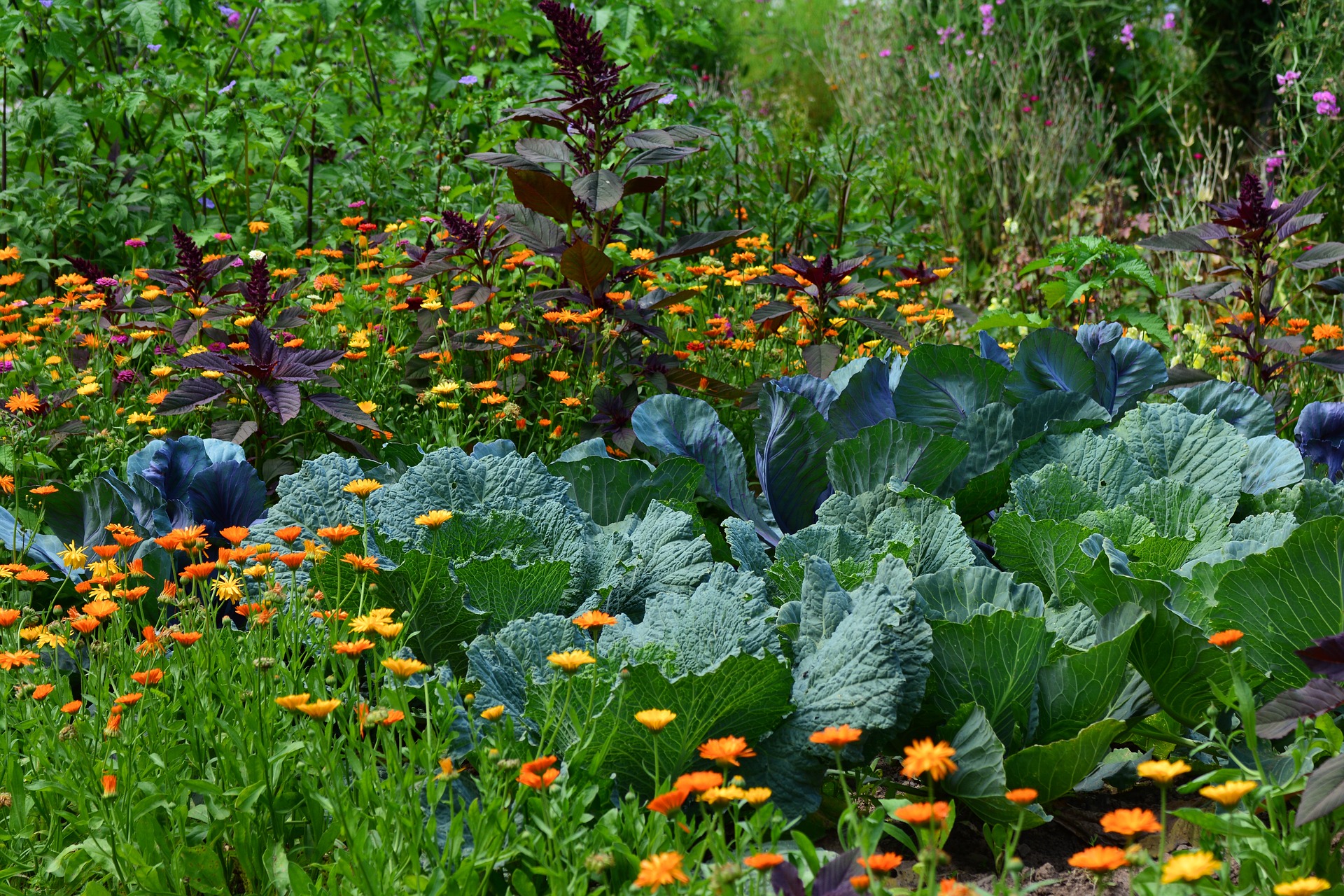


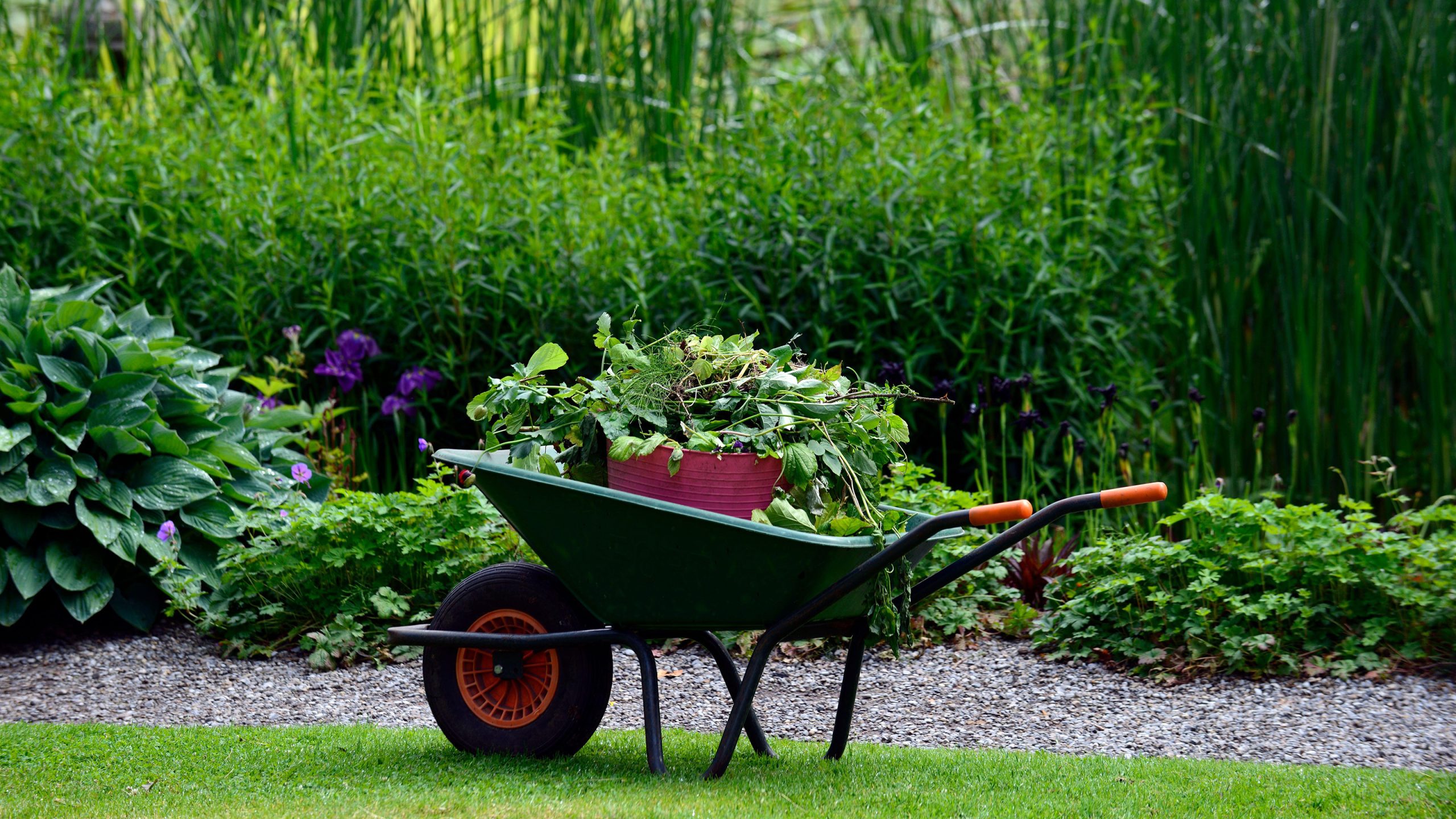
1 Comment
[…] Sound off in the comments section below and tell us if you want to read more about flowers and Indian culture. […]